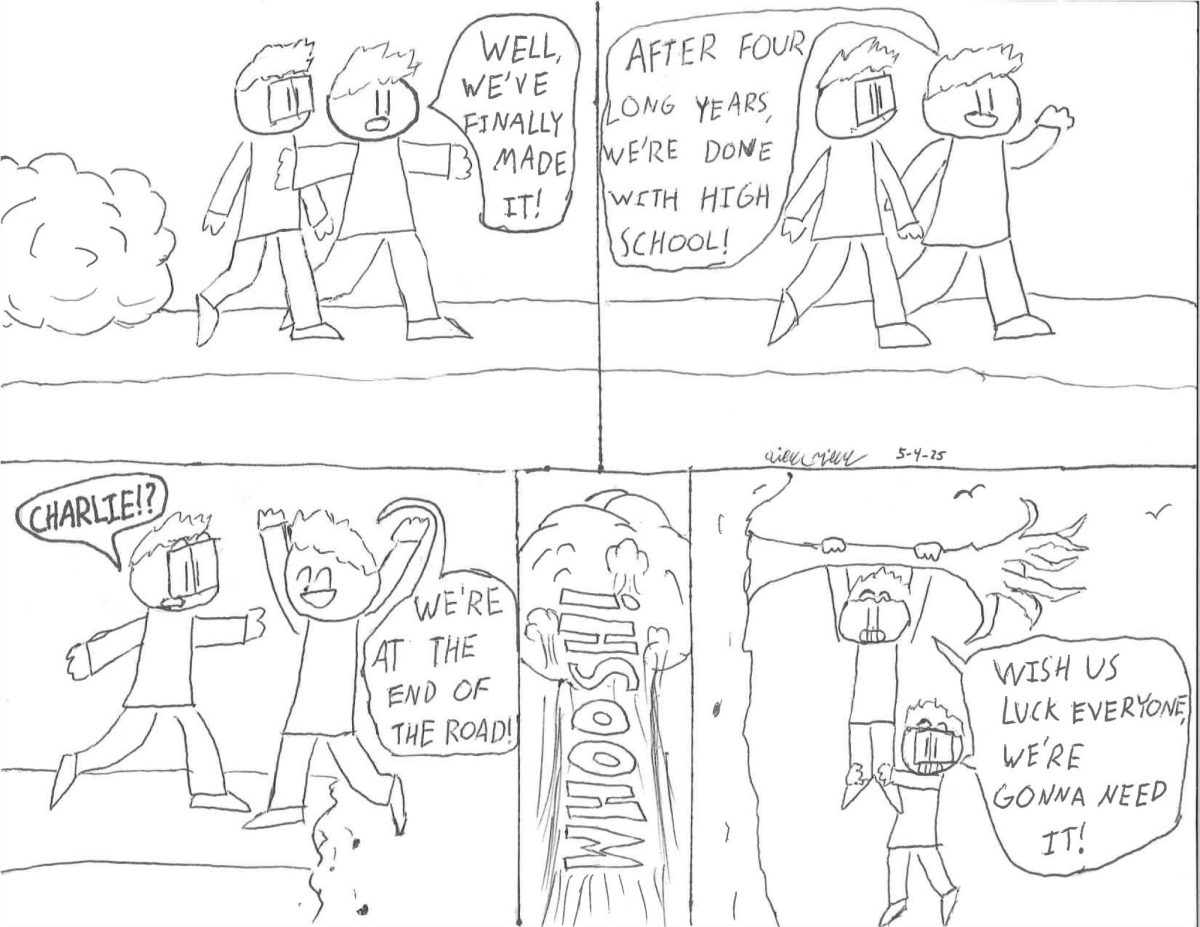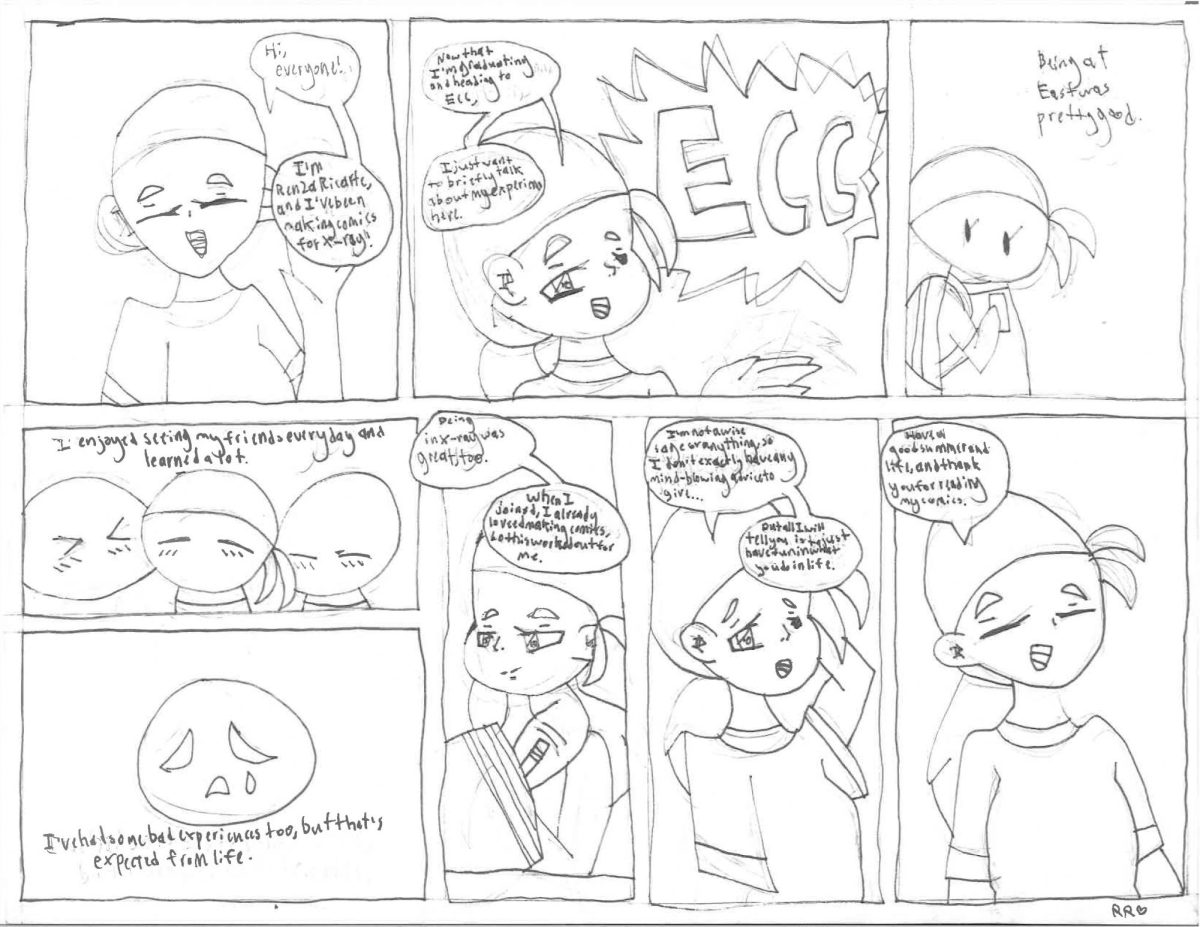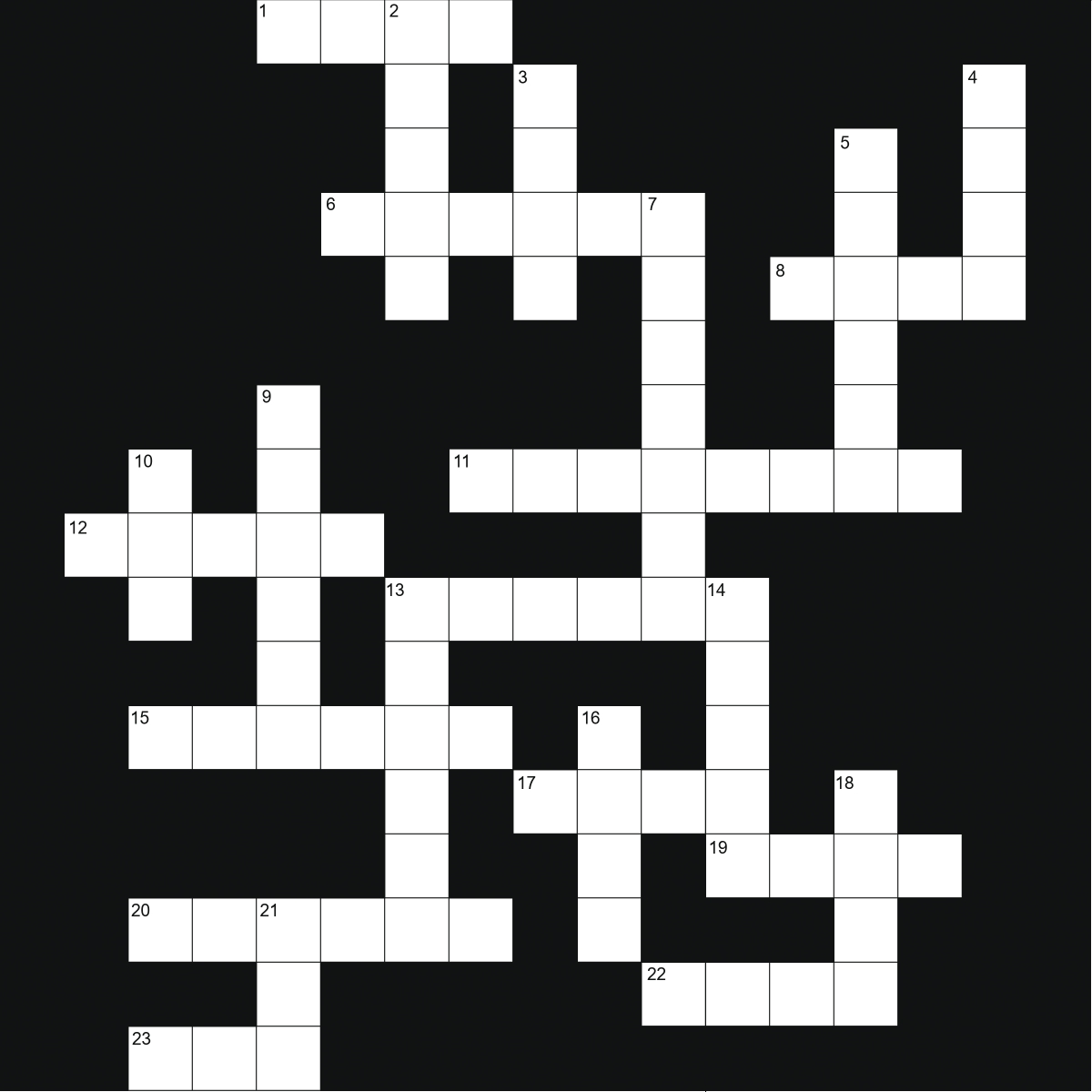
With a much-awaited release, the famous book and movie franchise “The Hunger Games” came out with the prequel, “The Ballad of Songbirds and Snakes.” This fan-desired prequel featured the origin story of antagonist President Snow (also known as Coriolanus Snow) and the game that started it all.
The movie kicks off with an introduction to a variety of characters—most notably the main character’s mentor, Coriolanus Snow, and tribute, Lucy Gray Baird. Lucy Gray, or as the Capital calls her, the “songbird,” is chosen to be a tribute to the 10th Hunger Games while Snow acts as her mentor. The task is simple: get Gray to be the victor of the games and the Plinth Prize money is his. His poor background and last name will no longer be looked down upon with that much money. Though with various inner conflicts and the pressure to be at the top, “The Ballad of Songbirds and Snakes” holds a deeper meaning and overarching theme between its characters. The movie holds a surprising twist as the theme of love vs. power takes part in Snow’s rise to the top. Throughout his journey of mentoring Lucy Gray through the Hunger Games and the “hunger” for the money the Plinth Prize would bring, Snow is constantly thrown between the lines of morality. As Lucy Gray fights for her survival and the rights of the people, Snow fights for power and fame. As Dr. Volumnia Gaul, a game maker for the Hunger Games, said in the movie, “There is a point to everything or nothing at all, depending on your worldview.” Gaul raises the idea of being someone people can trust vs. someone people will follow.
Along with the overarching theme of power and the pressure of hierarchy, the constant symbolism of Mockingjays is introduced, as they reflect the freedom and cleverness that Gray holds. Eventually, the Mockingjays became a symbol of rebellion in the later movies with Katniss Everdeen. The symbolism of the Mockingjay grows with the theme of morality as the bird is first introduced, mimicking the singing of Gray in a peaceful memory with Snow. Towards the end of the movie, the Mockingjays mimic Lucy Gray’s voice in a moment of chaos and anger, which evidently represents the rising tensions between the lines of morality. While the appearance of the Mockingjay continues to appear throughout the movie, the need for rebellion progresses.
Another aspect of rebellion is the way Gray’s character correlates to Everdeen’s character. Gray is shown to mirror many aspects of Everdeen’s story while also contrasting Everdeen’s personality traits. In this prequel, when the 10th annual Hunger Games is taking place, Gray is chosen during the Reaping. We see Gray dressed in a flowing gown full of vibrant colors and designs as she walks stoically up to the stage. The movie continuously demonstrates Gray’s role in the traveling nomadic band called the Covey. She enjoys putting on a show and is constantly shown to display a spirited and lively personality. During the Reaping of the 74th annual Hunger Games, when Everdeen’s first games took place, we are introduced to a very timid and hesitant Katniss, dressed in the old, dull-colored clothes like the rest of her district. The main difference between the two protagonists is that Gray was a performer in a hunt and Everdeen was a hunter in a performance. Everdeen had a background that included steering clear of possible threats and focusing more on taking care of her family, which is shown in the first movie. She is also apprehensive to concede with Haymitch’s advice to act more performative for the camera. Though the difference between the personalities between these two characters is their fearlessness of taking revenge against the Capitol, what links them together is their fearlessness of taking revenge against the Capitol. When provoked, both Gray and Everdeen would do anything to get justice for the districts. This is why Snow feared Katniss and what she might be capable of, as Lucy Gray had gotten her revenge on him, as shown at the end of the movie.
Through the turn of “The Ballad of Songbirds and Snakes” as well as the continued “Hunger Games” franchise, similarities of symbolism, themes and connections are woven within the characters and their identities, proving true the claim that remains; “The show’s not over until the mocking jay sings.







